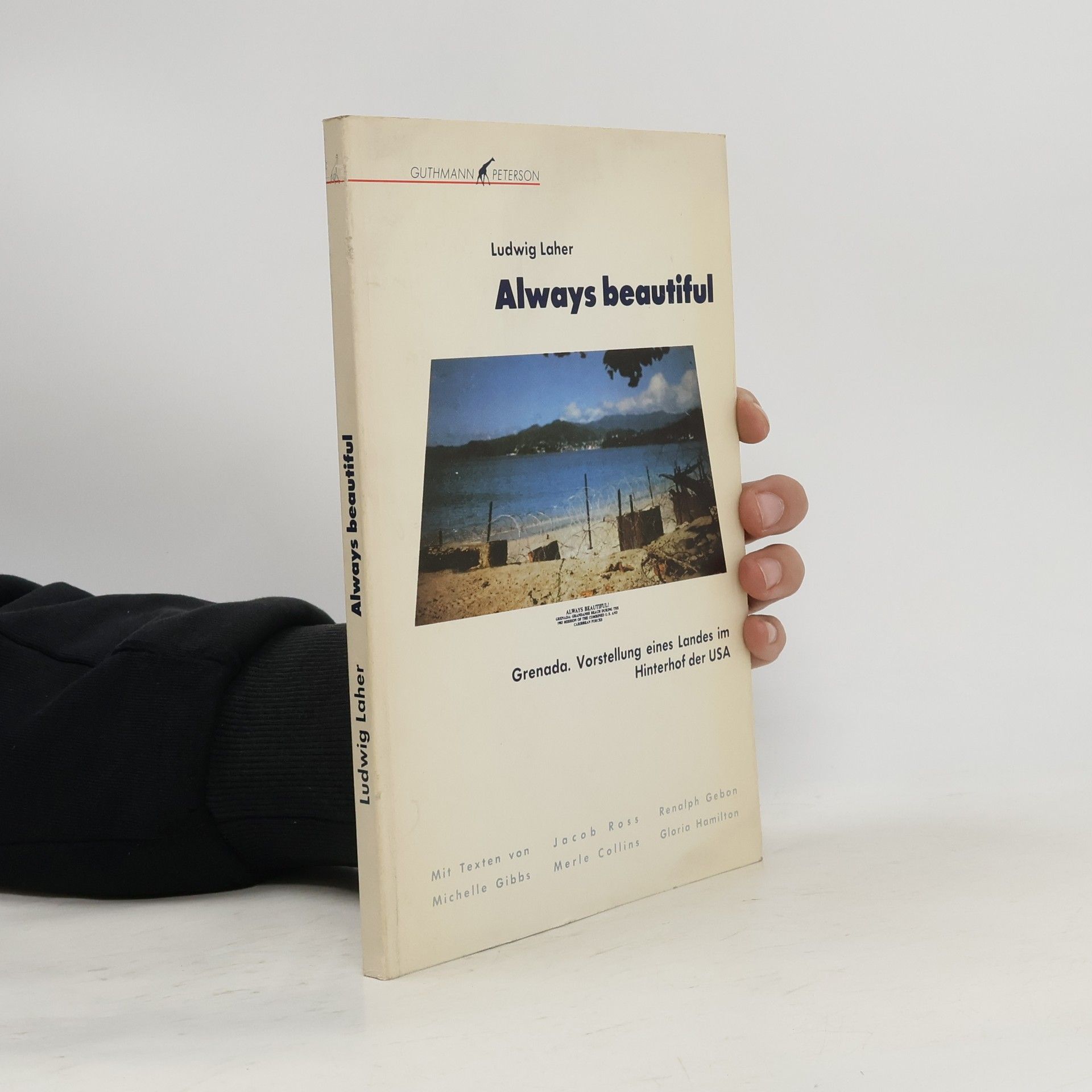Merle Collins Bücher
Merle Collins ist eine anerkannte Autorin, deren Werke tief in der reichen karibischen literarischen Tradition verwurzelt sind. Durch ihre Gedichte und Kurzgeschichten taucht sie in die Komplexität von Identität und Geschichte ein, wobei ihre Schriften die vielschichtigen Verbindungen zwischen Kulturen und der Vergangenheit widerspiegeln. Ihr Stil zeichnet sich durch scharfsinnige Analyse und eine lyrische Qualität aus, die den Leser in Erzählungen zieht, in denen persönliche Erfahrungen mit umfassenderen sozialen und politischen Themen verknüpft sind. Collins erforscht vor allem, wie die Vergangenheit in der Gegenwart nachhallt und kollektive Erinnerungen sowie das individuelle Verständnis prägt.



Set on the Caribbean island of Paz (not a million miles from Grenada), this is a book that creates and occupies a space between epic poetry and the novel in the way its sequence of interludes bring into focus the lives of family and community through time - and in the confinements of small island space.
Through a mix of fictive narrative, letters and poetry, Ocean Stirrings tells the story of the mother of Malcolm X. From the shores of Grenada to Canada and the USA, this is a powerful and poignant tribute to a remarkable woman and an important chapter in the history of the civil rights movement.